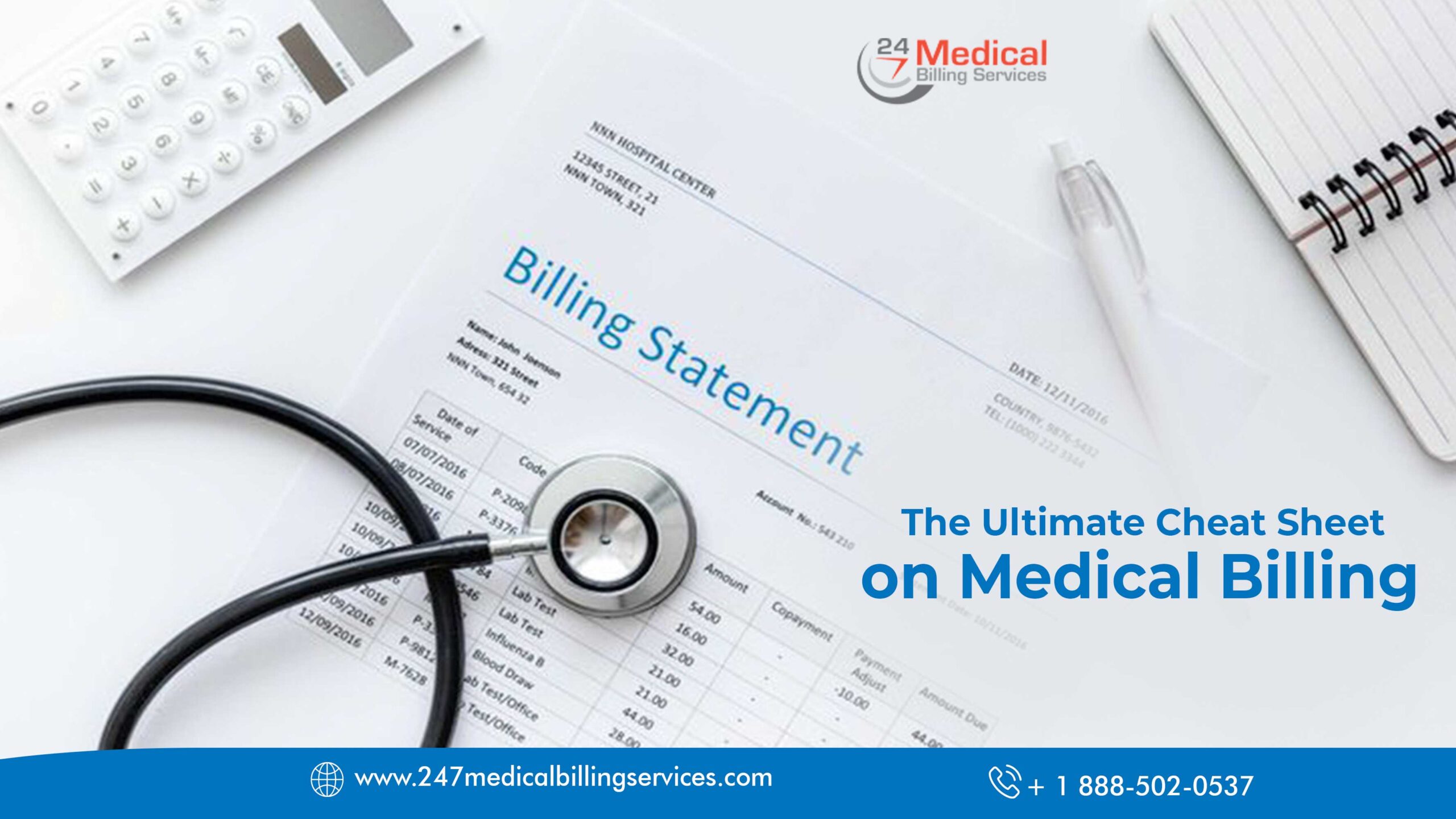
The Ultimate Cheat Sheet to Check While Choosing a Medical Billing Service
It's an exhaustive and difficult decision to choose a medical billing and coding company. There is no secret that to achieve success in this field, an agency needs to know how an error free claim is filed, the vital acronyms at the back of their hand, and the team should have been on top of their game as far as ICD–10 is in discussion to save time by exactly understanding what to look for in a payer contract. You need to have clear, complete, and precise medical paperwork to offer ultimate quality medical care to the patients. Proper documentation is also necessary to get timely and accurate payment for the services provided. One of the biggest benefits of having a brief list of choosing a medical billing agency or rather the things to look for in medical billing is to understand the accordance to which the medical services are provided. Moreover, it will maximize your revenue and help in improving the paperwork to eliminate audit risks. Here are few things that you should know for Ultimate Cheat Sheet to Check While Choosing a Medical Billing Service.
- Filing a clean error free claim
Here are a few things that a cheat sheet should include:
Your cheat sheet for medical billing should include steps about filing a clean error free claim. An ideal clean medical claim includes no mistakes and is processed with no additional information from the provider or third party.
The claim should comprise of a procedure code together with a supporting diagnosis code, this will eliminate any doubts on medical necessity and the claim should not have any old or deleted codes. One of the most important steps here is that the claim should have all the necessary information; which includes a patient name, address, date of birth, etc; in the proper fields. Finally, the most important part is the claim should be submitted on time.
- Important Billing and Coding Acronyms
Using acronyms and abbreviations in medical billing and coding is more than common. In fact, this is extremely used in medical records to save time. Every practitioner will keep his acronyms handy which are related to his specialty but there are a few common abbreviations that are used by all; namely; CMS, EDI, EOB, HIPAA, HMO, POS, WC, and a few more.
Here are some important medical billing and coding acronyms
Medical billing and coding is a field that has numerous abbreviations and acronyms in medical records which saves time. Every medical practice has its own most commonly used acronyms based on its area of expertise; some of them are:
- CMS (Centers for Medicare & Medicaid Services): CMS is a division of the United States Department of Health and Human Services that looks after Medicare, Medicaid, and the Children’s Health Insurance Program.
- EDI (electronic data interchange): EDI means a system that carries claims to a central clearing house while distributing individual carriers.
- RA (remittance advice): RA is a common document issued by the insurance company to respond to claim submission. This document contains details of what services are covered (or not) and at what level of reimbursement. Each payer has its own RA form.
- HIPAA (Health Insurance Portability and Accountability Act): HIPAA is a complex law or a privacy rule that states how some entities like health plans or clearinghouses can use or disclose personal health information. Under HIPAA, medical records are open for patients.
- HMO (health maintenance organization): HMO is a health management plan that requires a primary care physician to treat/diagnose the patient who acts as a “gatekeeper.” In HMOs, patients need to ask for treatment from the primary physician first, who, if he/she feels the situation warrants it, can refer this patient to a specialist in their own network.
- INN (in-network): INN provider has a connection with either the insurance company or the network with whom the payer participates.
- OON (out-of-network): An out-of-network provider has no contract with the patient’s insurance company.
- POS (point of service): POS is a health insurance plan offering the low cost of HMOs if the patient seeks treatment from only network providers.
- PPO (preferred provider organization): PPO is another health management plan allowing patients to visit any providers contracted with their insurance companies. If the patient seeks treatment from a non-contracted provider, the claim is considered out-of-network.
- WC (workers’ compensation): State Department of Labor program that insures employees who are injured at work.
Well, now you know the successful cheat sheet for medical billing.
Outsource Medical Billing and Coding Services to 24/7 Medical Billing Services
When you are looking for perfect guidance on choosing a medical billing agency, the above pointers are considerable. But with an agency like 24/7 Medical Billing Services, you get a 360-Degree partner in medical billing and coding which extends your practice and gets you the right solution at the right time. We make sure you get superior quality and operational standards as we prioritize customer goodwill and favorable feedback. Want to know more about our approach? Drop us an email at info@247medicalbillingservices.com and we will pave a path to success
Read more: Most Common Check List While Choosing A Medical Billing Service

.png)